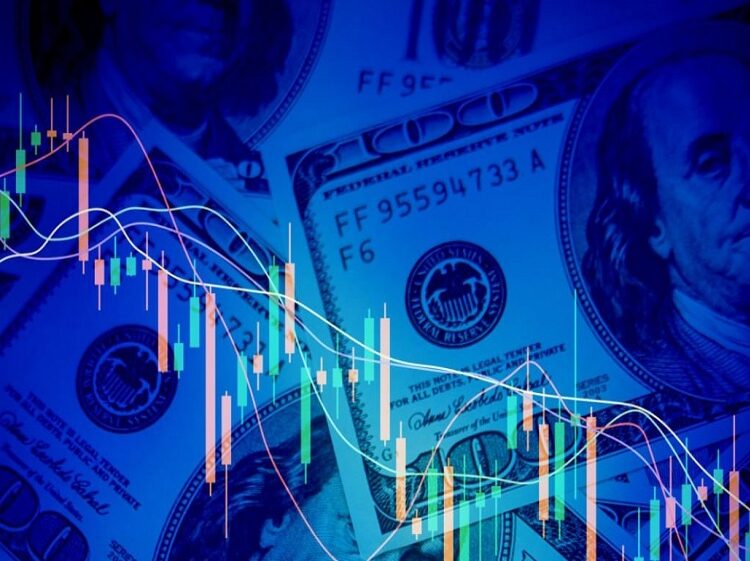Nothing prevents you from accumulating several loans. Which means that you can very well take out a second loan, even if you already have a real estate loan or a personal loan in the process of being repaid.
Having two or more credits is even common for many households. You can therefore obtain a loan repurchase after consumer financing or a second loan repurchase following a first consolidation of loans.
In reality, there is not a maximum number of credits that it is possible to hold. The rule is that the release of a new loan, after a request, is conditional on the borrower’s ability to be able to repay it without payment incident.
To check their solvency, banks must therefore carry out an analysis of the borrower’s personal and professional situation. If the latter and/or their spouse earn a stable income, are on a permanent contract and the household debt rate is not too high, then the chances of being able to take out a new consumer loan, a real estate loan or a consolidation of credits are favorable.
If you are entitled to accumulate several repayments for your personal and real estate loans, you must be careful not to unbalance your budget. High monthly charges can become difficult to repay. In this case, it is advisable to take out a new loan buyout to consolidate your loans into a single loan and reduce the total amount of your monthly payment. You will have an easier time repaying your old repurchased loans. This arrangement is aimed at all individual and professional borrowers.
What new loan to take out from the bank?
The personal loan:
A personal loan is a so-called “unallocated” consumer loan, meaning that you can use the total amount that will be paid into your bank account without restriction. It is particularly suitable for spending on pleasure and for your leisure activities, but also for urgent needs.
In fact, a personal loan can be released quickly because it does not require project proof; you do not have to provide a quote or purchase order to justify how the funds will be used. The contract can be spread over a period of up to 12 years.
The car loan:
On the other hand, in exchange for a better APR, obtaining an auto loan requires providing proof of the future purchase of a motor vehicle. You must therefore issue an order form with the dealer or garage. Its repayment period is often no more than 7 or 8 years.
The sum of the car loan is exclusively allocated to the acquisition of a car or a motorcycle, for example. If the sale does not materialize, the contract is considered void. Funds are released once the vehicle is delivered and in the borrower’s possession.
Revolving credit:
Taking out a new revolving credit allows you to have a reserve of money at your disposal that you can mobilize for the expenses of your choice. You will reimburse a monthly payment only if used and in proportion to the amount used. Please note that the reserve can go up to several thousand euros, an amount that varies depending on your financial capabilities. The duration for amortizing the capital is cappe at 5 years.
This type of consumer credit is a suitable solution for life’s unforeseen events, which cause costs that are difficult to pay compared to your available budget. The revolving loan will allow you to spread a payment in several installments to more easily pay your expenses.
The work loan:
Also considered as an assigned loan, the works loan allows a borrower to finance the renovation of their home. Thanks to the capital lent by a bank, the latter will be able to undertake the various projects within their house or apartment. Of course, taking out a new work loan will trigger a repayment which the subscriber must pay in accordance with the schedule.
Concerning the borrowing conditions, a work loan can be repaid over a period of between 3 months and 12 years depending on the terms of the banking establishments. Moreover, it will not be possible to use these funds for any reason other than the work initially planned when the contract was signed.










